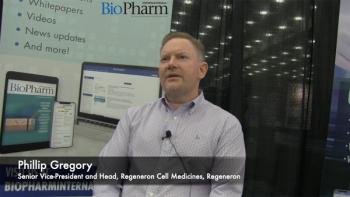
Regeneron’s work in CAR-T cell therapy development includes engineering receptor architecture to improve CAR-T cell sensitivity and improve immune response.
Feliza Mirasol is the science editor for BioPharm International.

Regeneron’s work in CAR-T cell therapy development includes engineering receptor architecture to improve CAR-T cell sensitivity and improve immune response.
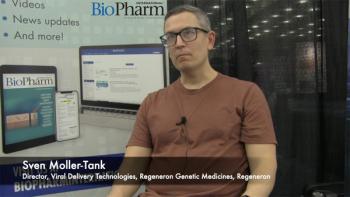
Sven Moller-Tank, PhD, director of Viral Delivery Technologies, Regeneron Genetic Medicines, Regeneron spoke about the use of bispecific antibodies to retarget AAV specificity.

Experiments conducted by the downstream technology team at Spark Therapeutics involving metal ion-containing additives showed improved capsid clearance in AAV production.

Under a partnership, ProPharm and PBL have launched the Cell Factory Box, an enclosed and fully automated cell factory manufacturing device.
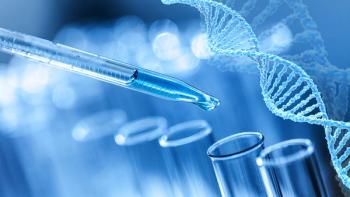
The collaboration will target solid tumors using Poseida’s allogeneic CAR-T platform to develop convertibleCAR programs.

Digital transformation is allowing for better handling, analysis, and protection of vast data collection.

A new draft guidance issued by FDA covers human- and animal-derived materials used in the manufacture of advanced therapy medicinal products.

The new draft guidance from FDA provides recommendations for sponsor companies on cell safety testing of human-origin allogeneic cells.

Contract manufacturer SK pharmteco will manufacture as well as conduct testing and release of Ferring Pharmaceuticals’ Adstiladrin (nadofaragene firadenovec-vncg), a gene therapy for bladder cancer.
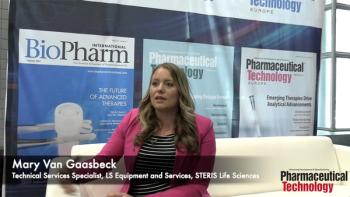
At INTERPHEX 2024, BioPharm International spoke with Mary Van Gaasbeck, technical services specialist, LS Equipment and Services, at STERIS Life Sciences, about how to effectively conduct sterile powder transfer during the fill/finish step in parenteral drug product manufacturing.
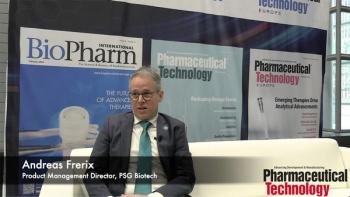
Current trends, such as single-use technologies, presen advantages and new challenges for pumping systems, according to Andreas Frerix, product management director for Quattroflow at PSG Biotech.
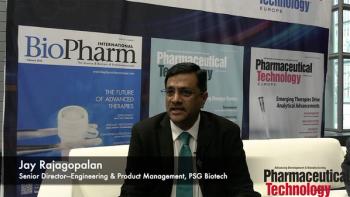
At INTERPHEX 2024, Jay Rajagopalan, senior director—Engineering & Product Management for Malema at PSG Biotech, discussed how the advancement of sensor technologies are being shaped by current industry trends.

Under the agreement, Bristol Myers Squibb will have access to Cellares’ fully automated cell therapy manufacturing platform, Cell Shuttle, to manufacture select CAR-T cell therapies.

ADC manufacturing facilities are requiring more stringent containment requirements as well as advanced analytical detection.

Former FDA drug investigator, Daniel Roberts, discusses the importance of updating process validation and maintaining proper data integrity at a keynote session during INTERPHEX.

WMFTS’ new WMArchitect single-use solutions offers standard ready-to-use single-use assemblies as well as customized designs for biopharma fluid management.

In back-to-back deals, Charles River will offer plasmid DNA manufacturing services for a gene therapy under development by Axovia Therapeutics and for a lead candidate being developed by Ship of Theseus.

Memel Biotech aims to offer a range of services from discovery through to formulation for preclinical through to late-stage clinical and commercial production of advanced therapies.

Lonza has made a deal with Acumen Pharmaceuticals to manufacture sabirnetug, a mAb that will soon be entering Phase II development for treating Alzheimer’s disease.

In a $1.8 billion transaction, Genmab will gain three clinical-stage next-generation ADC candidates with its acquisition of ProfoundBio.
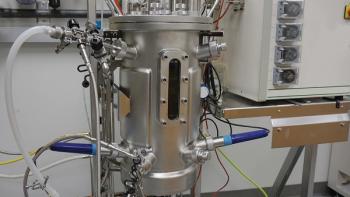
Despite a growing trend toward single-use bioreactors, stainless-steel retains its relevance for certain products.

J&J’s nipocalimab is in development for reducing the risk of FNAIT in alloimmunized pregnant adults, a rare disease that may risk the life of the fetus or newborn.

AstraZeneca notes that Ultomiris is the first and only long-acting C5 complement inhibitor that offers NMOSD patients the potential to live without relapsing.

AbbVie’s acquisition of Landos includes a lead asset that boosts its portfolio in autoimmune and inflammatory diseases, while the ADC, ELAHERE, gets full FDA approval.

With the Vacaville, Calif., site acquisition, Lonza gains one of the largest biologics manufacturing sites for mammalian cell-based therapeutics.

CDMO White Raven aims to reduce contamination risk and gain the capability to handle multiple product formats with the installation of Cytiva’s SA25 Aseptic Filling Workcell.

Orchard Therapeutics’ Lenmeldy (atidarsagene autotemcel) marks the first gene therapy approved in the US for treating children with metachromatic leukodystrophy.

In a non-exclusive licensing agreement, Ricoh will have access to ERS Genomics’ CRISPR/Cas9 genome editing technology to create novel disease models.

ProBioGen and Mapp Biopharmaceutical will use the former’s GlymaxX technology to develop a cell line for an afucosylated antibody that targets Marburg virus infection

Under a new agreement, Chime Biologics will manufacture Domain Therapeutics’ antibody cancer immunotherapy candidate, DT-7012.